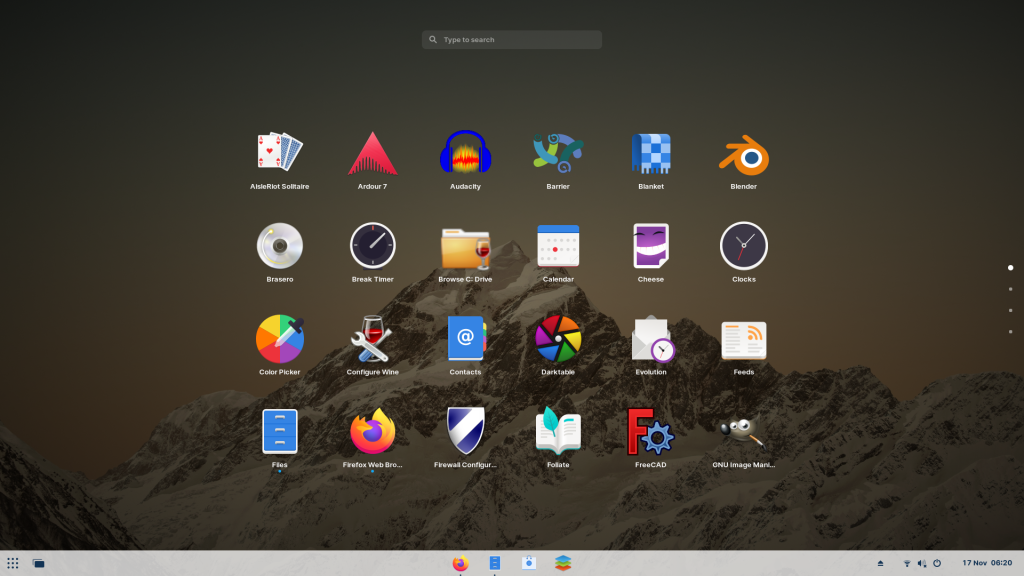
First upload in a while, I am afraid. The new book is on hold at present because my brain is currently devoid of good ideas. The situation will resolve itself soon enough but, for now, that is the way it is. I am not idle, though. In fact, I am working hard, and that is helping to clear my brain.
When I bought my PC a few years ago, it came with Windows 10 preinstalled and a processor, called an AMD Ryzen 2400G. Now, Microsoft, in their infinite wisdom, have decided that my still relatively new computer cannot be upgraded to their new Windows 11 system because they do not support the processor. Thanks, Microsoft. You have just made my otherwise excellent PC obsolete.
That being the case, I have decided to make them obsolete, at least as regards myself. I have switched operating systems to one that will not become redundant. Linux (pronounced with a short ‘i’, as in ‘bin’) is an alternative operating system. You may not have heard of it, but you probably use it every day. Android smartphones and tablets run on Linux, television set top boxes run on Linux, Chromebooks run on Linux, even the servers that make up the Internet run on Linux. Although it is based on the same source code as Windows and Mac OS, it is open-source, which means that anybody can develop their own version of a Linux operating system and that the vast majority of the software is free.
Currently, there are more than three hundred Linux distributions (or ‘distros’, as they like to call them) in circulation. The one I have chosen is called Zorin OS. There is a screenshot of it above. It can be configured as a traditional Linux desktop, or to mimic Windows 11 or Mac OS. The one I have chosen looks rather like a Mac. The lighting on the mountain changes in real time throughout the day and the icons sweep across the screen instead of just appearing. The windows also wobble like jelly if you move them. Although you can run Word in Linux via an emulator, I have not yet done so. Instead I am using two Linux-based word processors: OnlyOffice and Libre Office (both of which are also available in Windows and Mac versions). They work well. I am a believer that two word processors work better than one because the strengths in each compensate for the weaknesses in the other. In Windows, I used to use Word in conjunction with the Atlantis Word Processor. I will explain that more in a later post.
Because Linux is much less memory-hungry than Windows, it places fewer stresses on the machine, so it runs faster. Linux is often used to give an older PC a new lease of life. It is also inherently very resistant to malware. I have retained Windows as well, effectively splitting my computer into two machines (this is much easier to do than it sounds). I still use Windows for some things, but most of my work is done in Linux these days. One thing I am certain of. The makers of Zorin OS won’t make my PC redundant when they want to introduce an upgrade. If the day ever dawns when I can afford a Mac, I will change again but, until then, Linux will do.
Leave a Reply